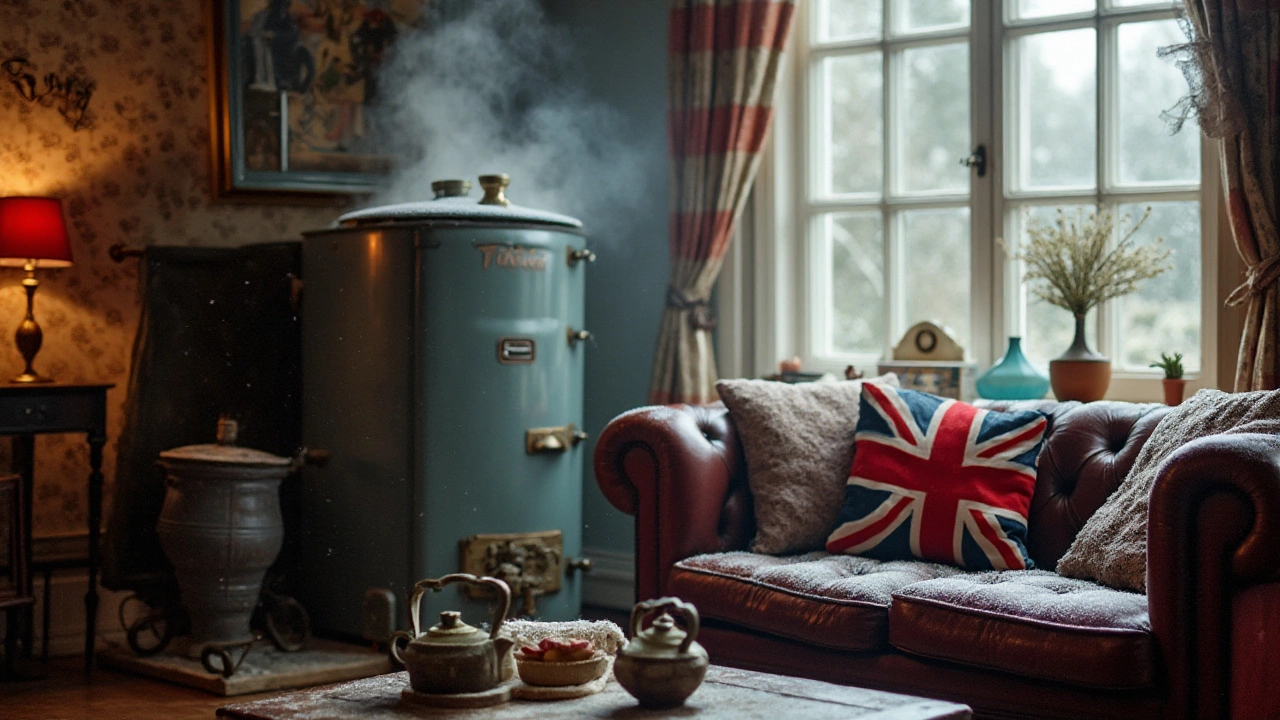Heating Efficiency: Simple Ways to Cut Bills and Boost Comfort
Feeling the chill but don’t want the thermostat screaming? You’re not alone. Most households waste heat because of tiny habits or outdated gear. The good news? A handful of tweaks can make your home stay warmer while the meter ticks slower. Let’s get straight to the stuff that actually works.
Why Heating Efficiency Matters
Every time your boiler fires up, it burns fuel or electricity. If the heat escapes through cracks, old radiators, or a poorly tuned system, you pay for heat you never use. Over a year that adds up to big bills and extra carbon. Better efficiency means lower costs, a cozier house, and a smaller environmental footprint – all without buying a brand‑new furnace.
Practical Steps to Improve Efficiency
1. Bleed Your Radiators. Air trapped inside blocks hot water. Grab the bleed key, open the valve until water flows, then tighten. It only takes a minute per radiator and you’ll notice rooms warming faster.
2. Check the Boiler Pressure. Ideal pressure is usually between 1 and 1.5 bar when the system is cold. Too low and the pump works harder; too high can cause leaks. A quick glance at the gauge tells you if you need a top‑up.
3. Insulate Pipes. Uninsulated pipes lose heat, especially in basements or lofts. Wrap them with pipe‑insulation foam – it’s cheap and you’ll see a temperature rise at the tap.
4. Upgrade to a Smart Thermostat. A programmable thermostat learns when you’re home and lowers the temperature when you’re not. You can cut up to 10% off heating costs with just a few clicks.
5. Service the Boiler Regularly. Annual servicing removes soot, checks the heat exchanger, and keeps the efficiency rating high. Skipping this step can drop efficiency by 5‑10% over time.
6. Seal Drafts. Drafty windows and doors let warm air escape. Use draught excluders or weather‑stripping tape. It’s a tiny fix that adds up quickly.
7. Consider a Heat Pump. If you’re thinking long‑term, a modern air‑source heat pump can be 3‑4 times more efficient than a traditional boiler. Look for a model with a good Seasonal Coefficient of Performance (SCOP) and make sure your home is well‑insulated first.
Putting these steps together gives you a solid foundation for a tighter, cheaper heating system. Start with the low‑cost, easy wins – bleed radiators, check pressure, seal drafts – and watch the meter dip. When you’re ready, think about bigger upgrades like a smart thermostat or heat pump.
Bottom line: heating efficiency isn’t about a single miracle fix. It’s about stacking small habits and smart choices. Your wallet, your comfort, and the planet will thank you.

Maximizing Your Boiler's Lifespan: Key Insights and Tips
Boilers, essential for warming homes, have varied lifespans depending on several factors. This article delves into how long you can expect a boiler to last, influences on longevity, signs of wear, and tips to extend its life. Understanding these aspects can lead to better maintenance and cost savings. Knowing when to service or replace can ensure uninterrupted comfort during the colder months.